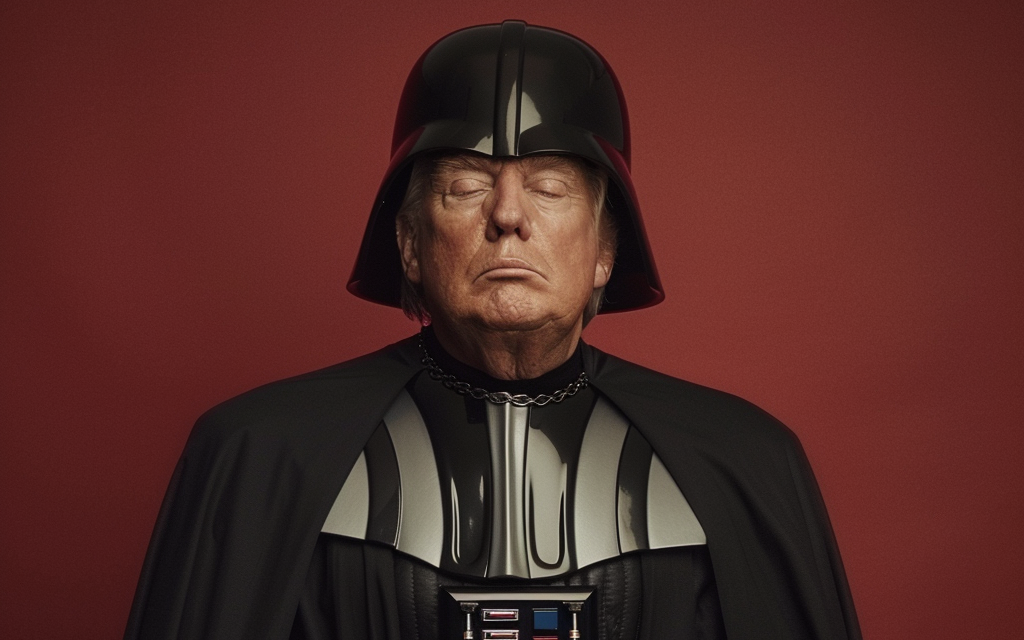In an unprecedented twist in courtroom strategy, former President Donald Trump has introduced a novel legal concept that has left legal scholars scratching their heads and furiously flipping through law books. Trump’s new plea, ‘Alternative Innocence,’ was unveiled during his latest court appearance, where he faces charges ranging from financial misconduct to constitutional violations.
Standing confidently before a packed courtroom, Trump declared, “Everyone’s talking about guilt or innocence. I think it’s time we explore something revolutionary: alternative innocence. It’s like regular innocence, but better—it fits the facts as I see them.”
Legal experts and commentators were quick to express their disbelief. “I’ve been practicing law for over 30 years, and I’ve never heard anything like this,” remarked a senior law professor from Harvard, who preferred to remain anonymous for fear of becoming a meme. “There’s no precedent for this… because it’s nonsensical.”
The notion of ‘Alternative Innocence’ appears to be inspired by the ‘alternative facts’ strategy once promoted by Trump’s advisors. This approach seems to suggest that there are multiple truths within the legal system—some just more favorable to the defendant than others.
“In my many years on the bench, I thought I had seen it all,” stated the presiding judge, momentarily removing her glasses and pinching the bridge of her nose. “But this takes the courtroom cake.”
On social media, the term ‘Alternative Innocence’ quickly went viral, spawning a flurry of memes, satirical videos, and a hashtag that trended worldwide. Political satirists and late-night hosts jumped at the chance to comment, with one popular comedian joking, “Why stop at alternative innocence? Why not alternative laws? Or better yet, alternative courts!”
Trump’s legal team has defended the approach, arguing that their client’s understanding of innocence is “a flexible concept, tailored to the modern world, where subjective truth can often outweigh the rigid frameworks of law.” They suggested that this could be a groundbreaking development in legal defenses, reshaping how attorneys approach cases of high political and social significance.
Meanwhile, legal analysts are busy debating the potential impacts of such a defense on the justice system. Some fear it could undermine the very foundation of legal proceedings, while others are mildly amused by the audacity of the proposal.
As the trial progresses, all eyes are on the courtroom to see how the judge will handle Trump’s audacious plea. Whether ‘Alternative Innocence’ will be accepted or tossed out like yesterday’s fake news remains to be seen, but in the court of public opinion, it’s already a landmark case of judicial jujitsu.

